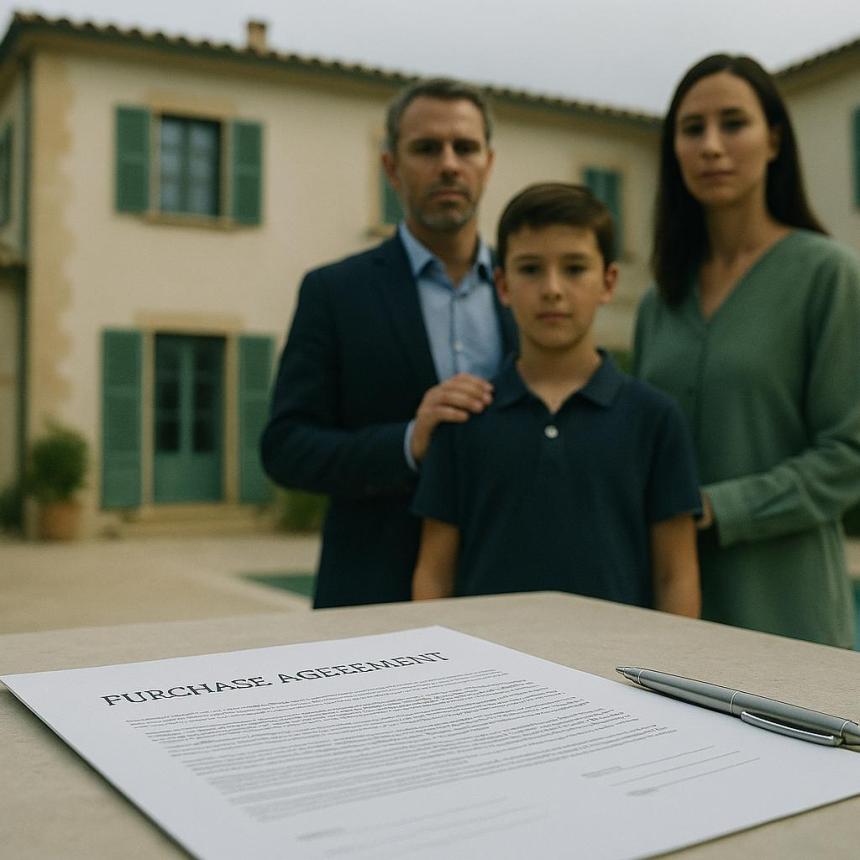


Navigating the Mallorca property market demands precise legal knowledge and foresight. In this section, we share exclusive analyses and expert perspectives crafted for international buyers, owners, and developers who value clarity, legal certainty, and dedicated guidance.
Our commitment is to provide rigorous yet accessible content, reflecting the same attention to detail and sound judgment we bring to every personalized engagement. This way, you can make decisions with confidence, control, and strategic vision.




It is not uncommon for foreign minors to hold property rights in Spain, whether through inheritance, donation, or deliberate acquisition as part of estate or tax planning. When the time comes to sell, however, key legal questions arise: can the minor sell? Which law applies? Is judicial authorisation required?

The publication of Decree-Law 3/2024 introduces an extraordinary mechanism for legalizing constructions on rustic land in Mallorca. This procedure, valid for three years, requires environmental improvements and prohibits use for tourist rental. We detail the process, associated costs, and eligibility for properties.

This blog entry explores the Habitability Certificate in Mallorca, a crucial document ensuring properties meet minimum living standards. It covers its definition, legal background, including the Decree 145/1997 and Law 5/2018, and its necessity for property transactions and utilities contracting. The entry discusses various certificate types—first occupancy, renewal, lack, and duplicates—and the obtaining process. It highlights the difference between habitability and urban legality, emphasizing the certificate's role in property legality but not guaranteeing urban compliance. Essential for buyers, renters, and legal professionals, understanding this certificate is key to secure real estate dealings in Mallorca.

Mallorca's property market experiences a high turnover of properties which, after refurbishment, are sold for significant capital gains. This article takes a closer look at how these refurbishment expenses impact the taxation of property sales for both residents and non-residents in Spain.
The law distinguishes between "investments and improvements" (which add new features to the property) and "repair and conservation" (maintenance of the functional state), but in addition, the interpretation of the law is particularly restrictive with regard to what can be considered as an improvement to the property. In this article we analyse the differences between the two when it comes to being applied to reduce the capital gain on the sale of the property and provide solutions to justify the validity of their application.

The Law 12/2023 introduces changes in the real estate sector, focusing on consumer protection and transparency. While it doesn't bring major novelties compared to previous laws, it does detail the informational obligations of real estate agents. One of its most controversial aspects is the clause requiring the provision of "any other relevant information," an ambiguous term that could lead to legal complexities and penalties. Though well-intentioned, the law creates uncertainty for agents and could increase costs for sellers.